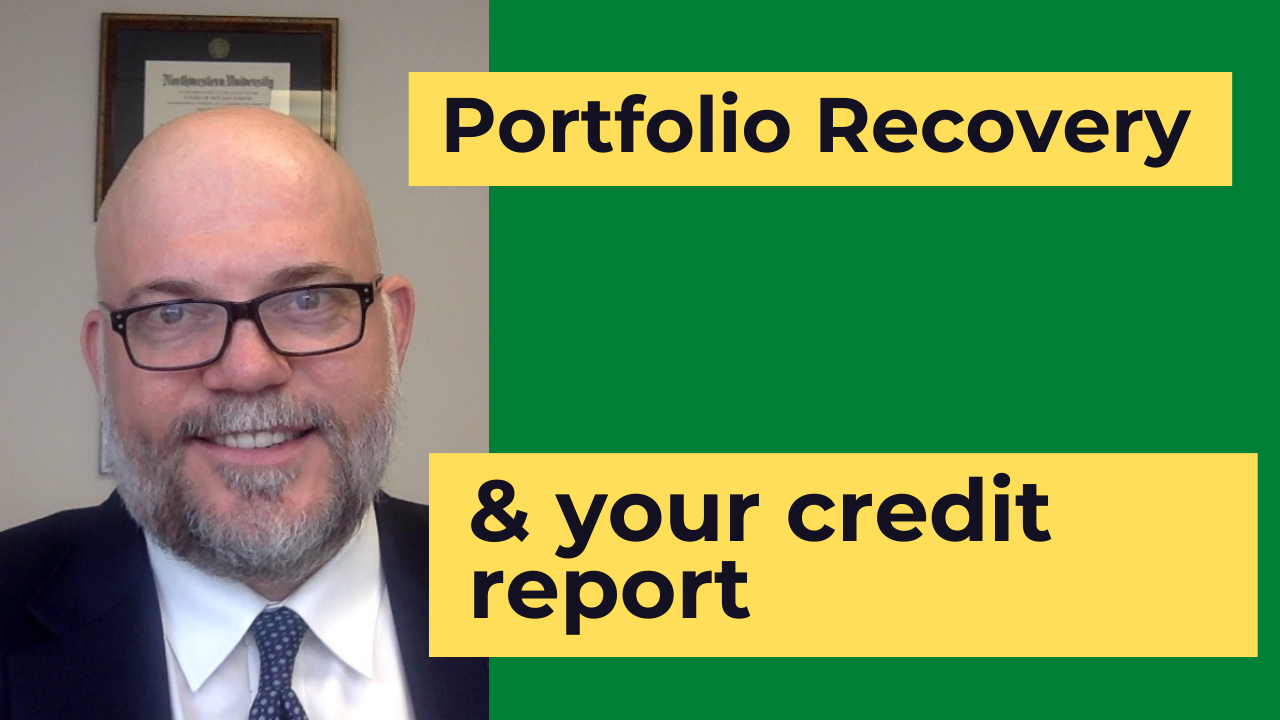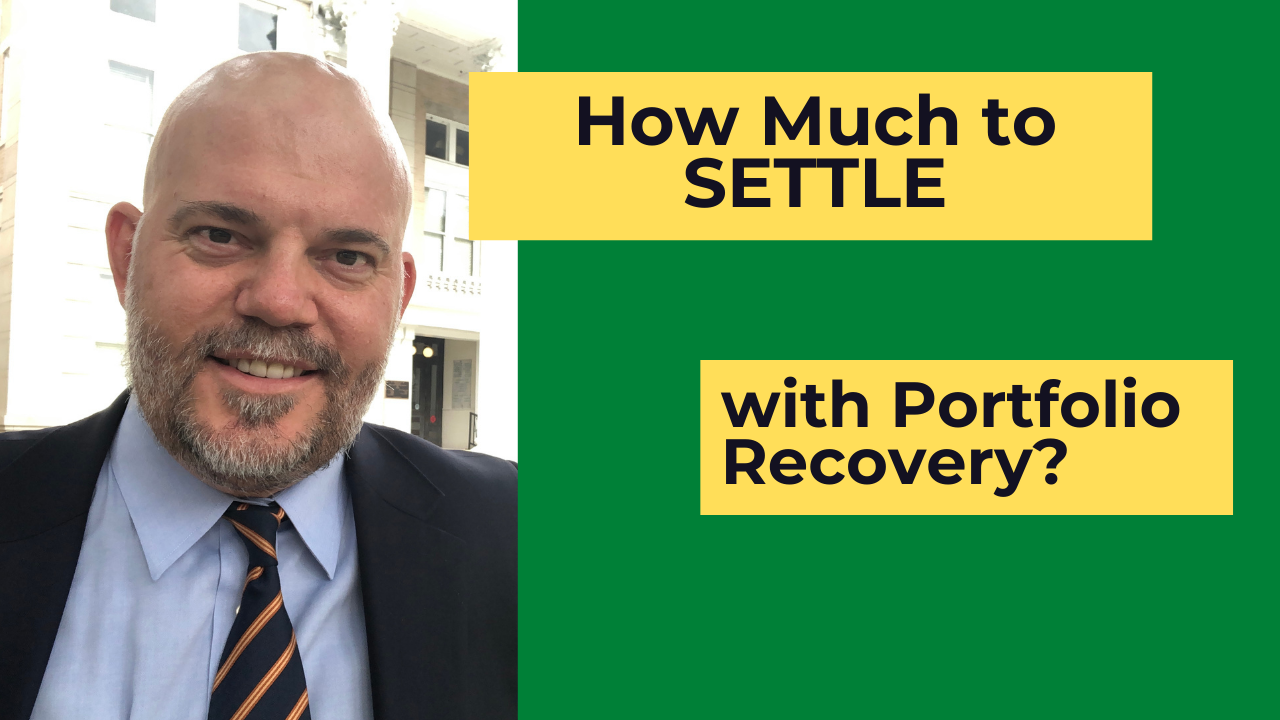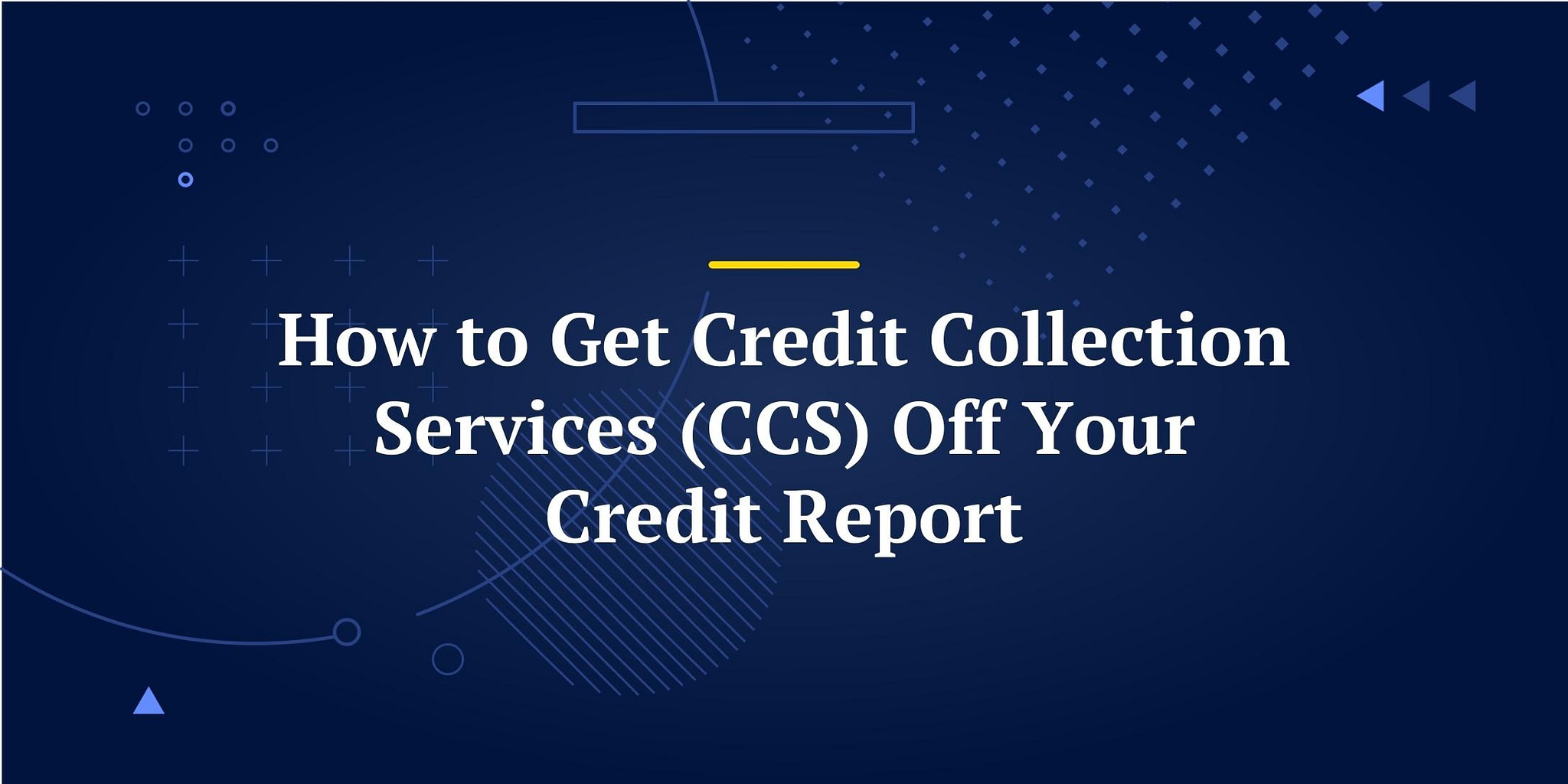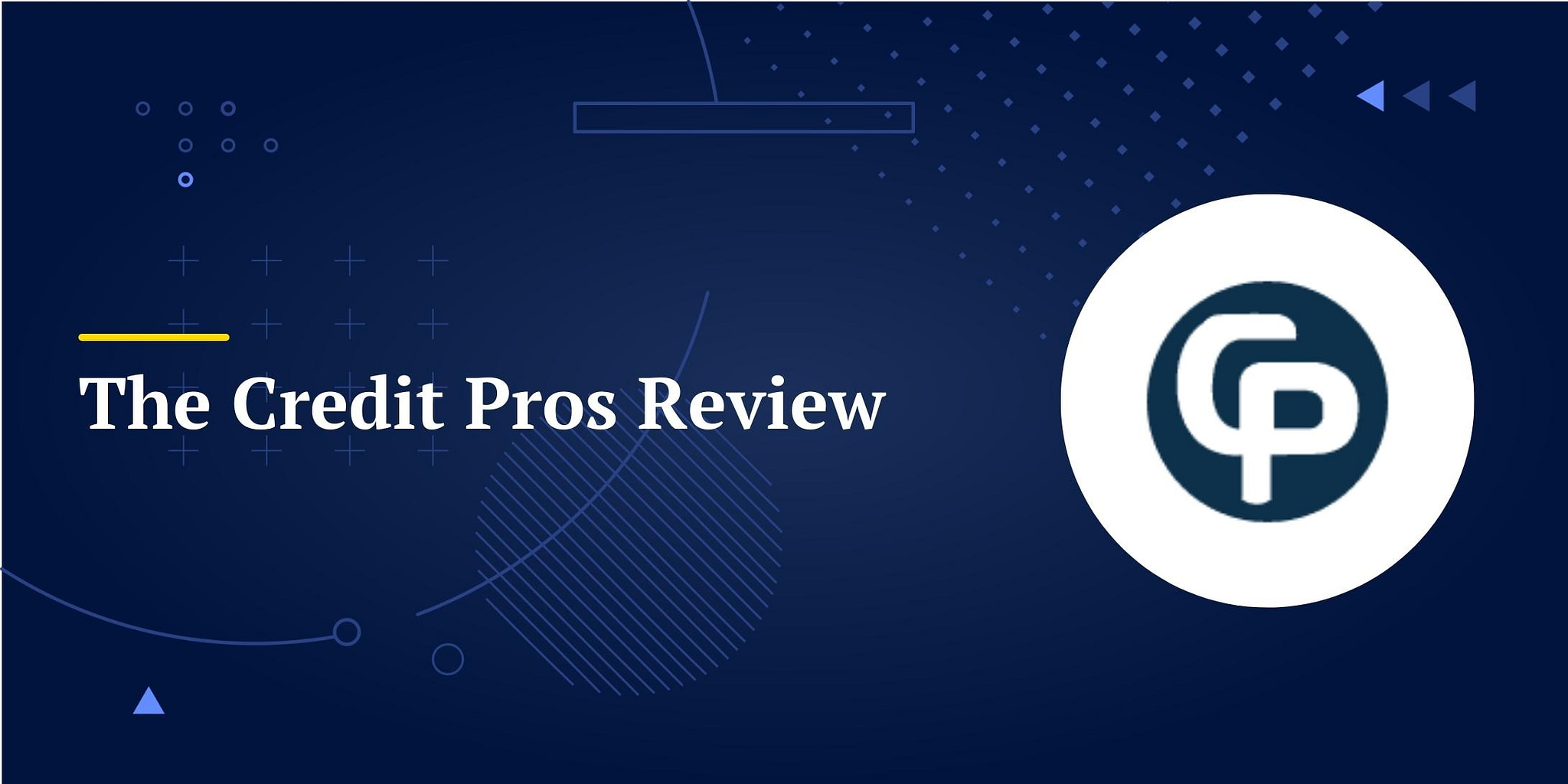How To Get Portfolio Recovery To Stop Calling

The phone rings. Again. The caller ID flashes a number you don't recognize, but a knot of dread tightens in your stomach. Could it be them? You hesitantly answer, and a voice on the other end confirms your suspicion: it's Portfolio Recovery Associates, calling about a debt you're not even sure you owe.
If you're feeling overwhelmed by persistent calls from Portfolio Recovery Associates (PRA), you're not alone. This article provides a step-by-step guide on how to legally stop these calls, understand your rights, and regain control of your financial communication.
Understanding Portfolio Recovery Associates
Portfolio Recovery Associates, LLC (PRA) is one of the largest debt buyers in the United States. They purchase defaulted debt from creditors like banks, credit card companies, and other lenders.
Once they acquire this debt, they attempt to collect it, often through persistent phone calls, letters, and sometimes even lawsuits. The Consumer Financial Protection Bureau (CFPB) has taken action against PRA in the past for deceptive and unfair debt collection practices, highlighting the importance of understanding your rights.
Why Are They Calling Me?
The calls are happening because PRA believes you owe a debt they now own. This debt could be from years ago, or it may be related to an account you don't recognize.
It's crucial to remember that even if the debt is legitimate, you have rights under the Fair Debt Collection Practices Act (FDCPA). This law protects you from abusive, unfair, and deceptive debt collection practices.
Step-by-Step Guide to Stop the Calls
Here’s a practical roadmap to help you silence those unwanted calls from Portfolio Recovery Associates.
1. Demand Debt Validation
Your first and most important step is to send a written request for debt validation. This is your right under the FDCPA.
The letter should state that you are requesting validation of the debt and demand that PRA provide proof that you owe the money. Request documentation like the original contract, account statements, and any records showing PRA's legal right to collect the debt. It's crucial to send this request within 30 days of the initial contact from PRA.
Send your request via certified mail with return receipt requested. This provides proof that PRA received your letter. A sample debt validation letter can be easily found online through consumer protection websites and non-profit legal aid organizations.
2. Cease and Desist Communication
If you simply want the calls to stop, send PRA a cease and desist letter. Again, this must be in writing.
This letter informs them that you do not want them to contact you any further. Under the FDCPA, once they receive this letter, they are generally required to stop contacting you, with limited exceptions like notifying you about a lawsuit.
Keep in mind that while a cease and desist letter stops the calls, it does not make the debt disappear. PRA can still pursue other options, such as filing a lawsuit.
3. Document Everything
Keep detailed records of all communication with PRA. This includes dates, times, and the content of every phone call and letter.
If PRA violates the FDCPA or continues to call you after you've sent a cease and desist letter, these records will be invaluable if you decide to file a complaint or lawsuit.
It's also wise to keep copies of all letters you send to PRA and the return receipts from certified mail.
4. Dispute the Debt with Credit Bureaus
If the debt is listed on your credit report and you believe it's inaccurate, dispute it with the three major credit bureaus: Equifax, Experian, and TransUnion.
You can typically do this online or by mail. The credit bureaus are required to investigate the dispute and contact PRA to verify the information. If PRA cannot verify the debt, the credit bureau must remove it from your report.
This process can take some time, so be patient and persistent. Keep copies of all documentation related to your disputes.
5. Consider Professional Help
Navigating debt collection laws and dealing with aggressive debt collectors can be stressful and confusing. If you're feeling overwhelmed, consider seeking professional help.
A consumer law attorney specializing in debt collection can advise you on your rights, represent you in negotiations with PRA, and even file a lawsuit on your behalf if they have violated the FDCPA.
Credit counseling agencies can also provide valuable assistance. They can help you create a budget, explore debt management options, and negotiate with creditors.
6. Know Your Rights Under the FDCPA
The FDCPA protects you from a variety of abusive debt collection practices. Debt collectors are not allowed to:
Call you before 8:00 a.m. or after 9:00 p.m.
Harass you with repeated phone calls.
Use abusive language or threats.
Contact you at work if you've told them not to.
Misrepresent the amount you owe.
Threaten to take legal action that they cannot legally take.
Disclose your debt to third parties, like your family or employer.
Understanding these rights is crucial for protecting yourself from illegal debt collection tactics.
What if They Sue Me?
If PRA sues you, it's essential to take the lawsuit seriously. Ignoring it will not make it go away.
You must file a formal response with the court within the time frame specified in the lawsuit. This is typically 20-30 days.
Consulting with an attorney is highly recommended if you've been sued. An attorney can help you understand your options, file the appropriate legal documents, and represent you in court. Failure to respond to the lawsuit could result in a default judgment against you, meaning PRA will automatically win the case.
Beyond Stopping the Calls: Addressing the Debt
Stopping the calls is just the first step. It's also important to address the underlying debt itself.
Once you receive debt validation from PRA, carefully review the documentation to determine if the debt is valid. If it is, you may want to consider negotiating a settlement. PRA may be willing to accept a lump-sum payment for less than the full amount owed.
If you believe the debt is not valid, you can continue to dispute it and potentially fight the lawsuit if PRA chooses to pursue one.
Conclusion: Taking Back Control
Dealing with debt collectors like Portfolio Recovery Associates can feel overwhelming, but knowledge is power. By understanding your rights under the FDCPA and taking proactive steps to demand debt validation and potentially cease communication, you can regain control of the situation.
Remember to document everything, consider seeking professional help if needed, and take steps to address the underlying debt. You have the power to navigate this process and protect your financial well-being. The peace of mind that comes from taking action is well worth the effort.
Ultimately, the goal is not just to silence the phone, but to understand your financial situation and work towards a secure future.


















